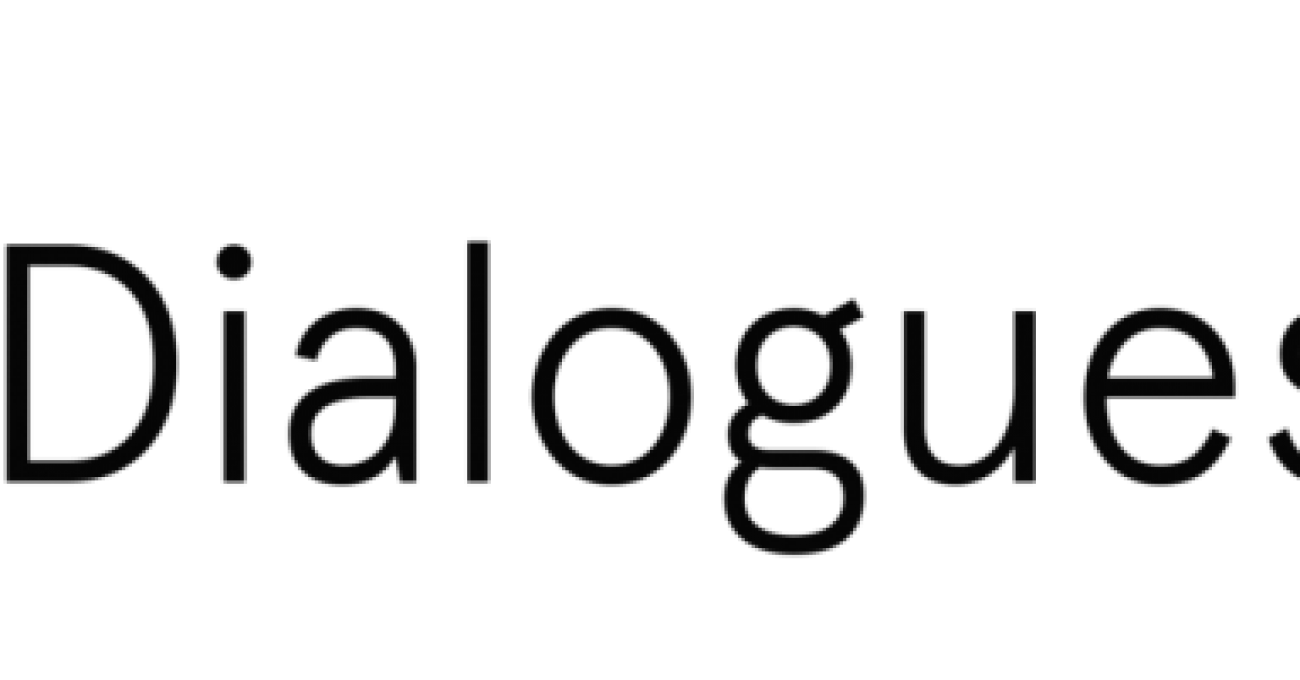Dlugoszewski in Toronto
Another step forward in researching the work of composer Lucia Dlugoszewski.
This time a four-handed reflection, along with Dr Kate Doyle, on how our collaboration – and collaboration in general between theorists and performers – could lead to a step forward both on stage and in the field of musicology.
We will share our insights by speaking at the Dialogues: Analysis and Performance symposium, held October 7–9, 2021, at the University of Toronto’s Faculty of Music.
Here is our abstract:
Problem as Possibility: Experimental Notation as Nexus of Concept and Praxis, Theorist and Performer
Kate Doyle (Rutgers University-Newark) and Agnese Toniutti (independent)
What happens when a score becomes a site for dynamic exchange between theorists and performers – where conundrums generate new ideas and forms? We have worked at such a place in dealing with the experimental scores of Lucia Dlugoszewski, who sought innovative ways to notate sound forms from 1950 until her death in 2000. As we sorted through Dlugoszewski’s graphic scores (held at the Library of Congress and the Archives of American Art), it became clear that they hold numerous challenges for performance – pitch arrangements do not match the composer’s descriptions, inconsistencies in graphic signs are frequent, instructions press the performer beyond the limits of even extended techniques. Through our dialogue about these problems, we developed an analysis that considers Dlugoszewski’s notation an attempt to capture what the composer simultaneously regarded as not able to be captured – the nuances of sonority. We began to understand the score(s) as a documentation of logic that is not present as much as a logic that is, as a kind of notation in reverse, as an ideal existing beyond the domain of practical execution. We each produced new forms in response to this analysis that reflect our primary work, but our dialogue continues as an integral aspect of both respective and mutual projects. We propose to perform a concise version of this dialogue as means to openly explore the possibilities of exchange between theorist and performer in the negotiation of concept and praxis in experimental notation.

